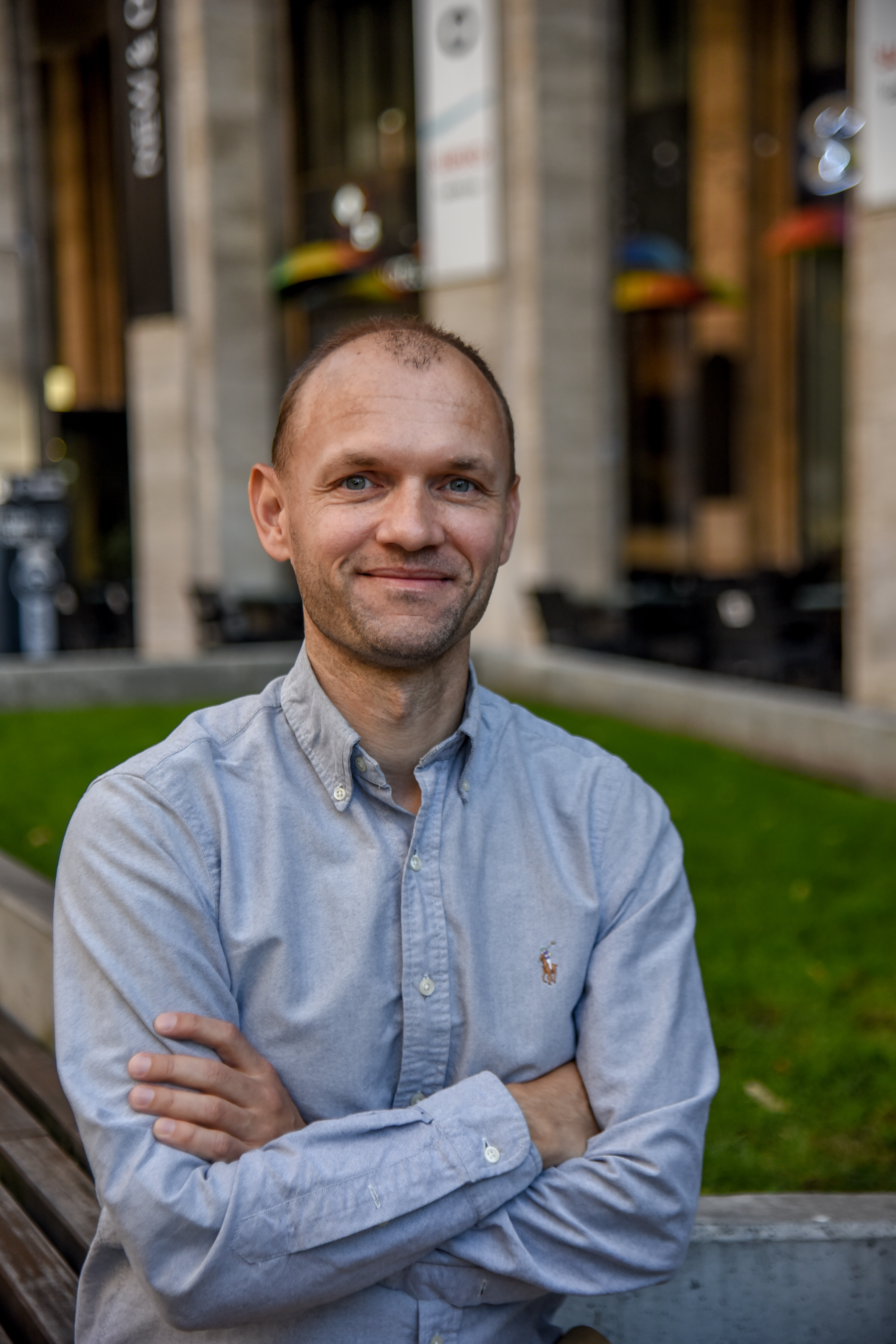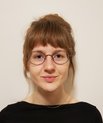New Postdoc - Miklós István Zala

Hi
My name is Miklos, and I am a Marie Skłodowska-Curie postdoctoral fellow at the Centre for the Experimental-Philosophical Study of Discrimination (CEPDISC) at Aarhus University. My research focuses on political philosophy and applied ethics.
I received my doctoral degree in 2017 at CentraI European University, Budapest. In my dissertation, "The Devout and the Disabled: Religious and Cultural Accommodation as Human Variation," I drew an analogy between religious accommodation—such as the legal exemption that allows Sikh motorcyclists to ride a motorbike without a crash helmet—and disability accommodation, with the help of the human variation model (HVM) of disability. The HVM claims that differences in individual characteristics are a matter of degree. Once a given personal trait becomes atypical, it tends to be left out of social arrangements because they are most frequently tailored to average individuals. For the HVM, the source of disability disadvantage is neither individuals nor discriminatory environments but the mismatch between personal traits and the environment's current accommodating capacity. My thesis argued that some religious accommodations, like the Sikh example above, follow the HVM's logic.
During my MSCA fellowship, I will work on advancing the human variation model (HVM) of disability. My supervisor is Kasper Lippert-Rasmussen, whom I have known for ten years now and who has helped me with my work since 2013, when I visited AU for the first time. My project has three objectives: first, to provide a philosophical defense of the HVM. HUMVAR’s interpretation of the HVM shows that an important aspect of disability disadvantage is caused by exclusive environments. This causation story grounds societal responsibility and justifies the provision of more accommodating environments —the favored policy response of social models of disability. The second objective is to redefine the problem of disability that the model articulates as a special case of discrimination. As such, my account of the HVM is revisionary—the original version of the model aims to be an alternative to discrimination-based approaches to disability. This revisionary interpretation explores that disability-as-human-variation is the result of ableism. The third objective is to expand the idea of human variation to the case of linguistic diversity and justice, showing that the logic of the HVM is present in other spheres of social life beyond disability.
Before joining CEPDISC at Aarhus University in September 2023, I was affiliated with the Center for Advanced Studies—Southeast Europe (CAS—SEE). In the winter semester of 2023, I was a lecturer at Central European University, Vienna. Before my CEU position, I was a postdoctoral fellow between 2021 and 2022 at the Edmond J. Safra Center for Ethics, Tel Aviv University. Before being a Safra fellow, I was a member of the Center for European Union Research (CEUR) at Central European University, working on the European Commission-supported H2020 project ETHOS—a theory of European justice (2017-2019) and the Centre for Social Sciences-Institution for Political Sciences, Hungarian Academy of Sciences Centre of Excellence (2022 April-2022 October).
During my doctoral studies, I was a visiting researcher at Aarhus University, Roskilde University, and the University of Michigan, Ann Arbor.
In my free time (well, academics don’t really have that, do they) I like watching and playing basketball, watching ice hockey (despite I cannot even skate), the arts (music, films—both documentaries and fiction—, and painting), and recently I am a whisky aficionado (but it is important to emphasize that I support responsible drinking, and I hope you are aware that NO amount of alcohol is good for your health).
Feel free to stop by my office (1340 – 244) if you would like to chat about philosophy, disability, any applied ethical topics, house music, peated whisky, major American pro sports (except baseball), or your favorite movies. My door is not always open (the corridor can be chilly sometimes), but if you knock on my door, I am most happy to let you in and have a chat with you.









